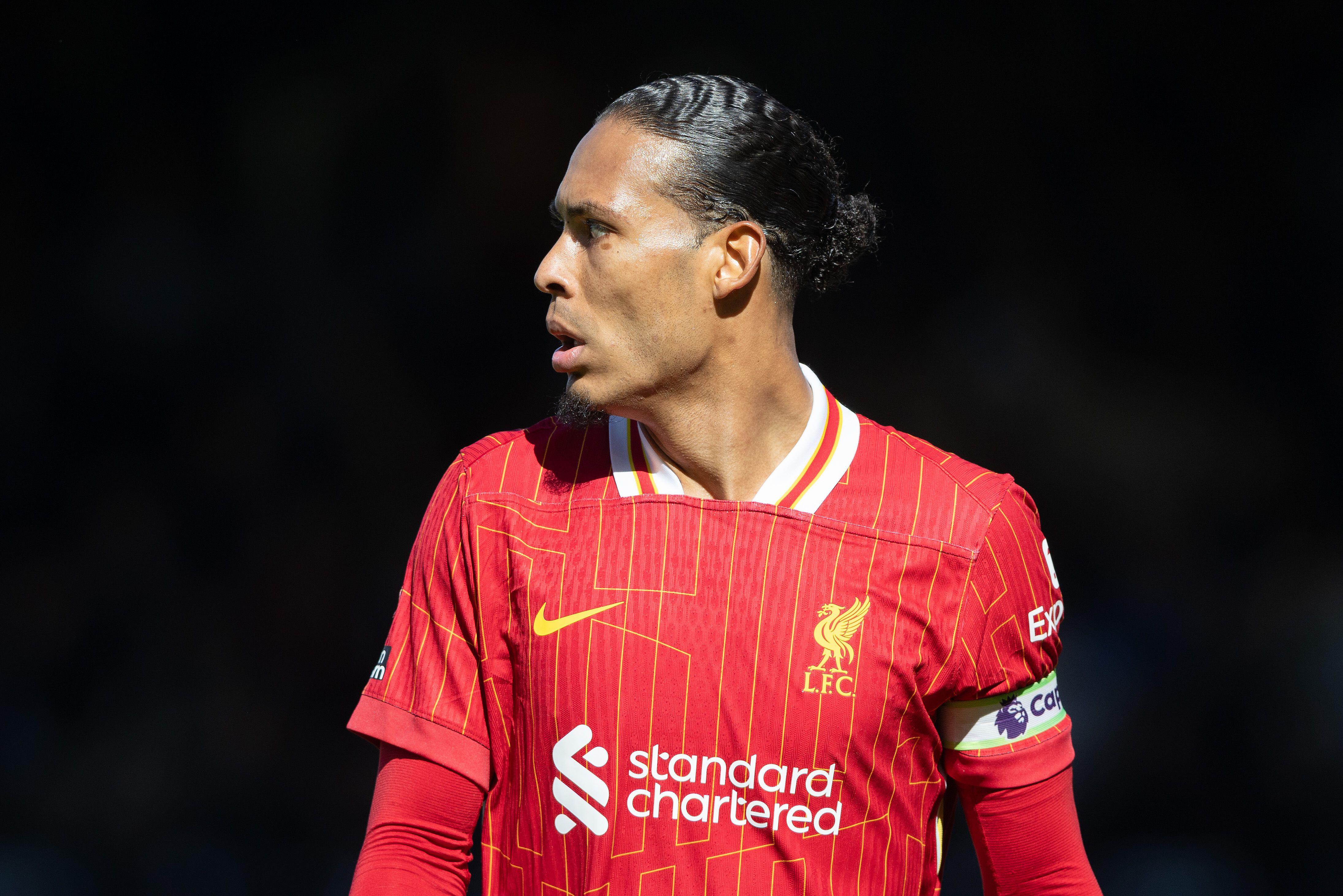David Moyes: I'd have approached United differently if I knew I only had 10 months
In March 2015, FFT sat down for a lengthy career reflective with the Scot about being Sir Alex's successor, almost getting Everton to the Champions League – and pulling pranks...
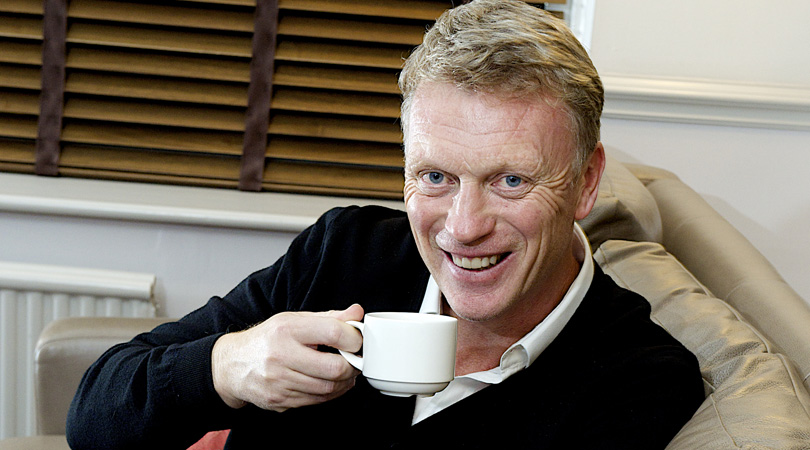
When FourFourTwo met David Moyes for this One-on-One, it was barely two months since he took charge at Real Sociedad, the San Sebastian club based in one of Europe’s most beautiful cities. They had just beaten Barcelona in their first game of 2015.
The Basque club had a tough 2014 and offered the 51-year-old Scot the chance to rescue them from the threat of relegation. Moyes had a turbulent year himself and left Manchester United after only 10 months in charge, but his disposition was appropriately sunny in his temporary home – San Sebastian’s finest hotel, with a lavish Belle Epoque interior and a glittering roster of former guests, from Leon Trotsky to Mick Jagger; Coco Chanel to Audrey Hepburn.
“Oh, there’s some rascals in here,” smiles Moyes, commenting not on the hotel’s clientele but the questions from FourFourTwo readers. The former Celtic, Cambridge, Bristol City, Shrewsbury, Dunfermline, Hamilton and Preston centre-half orders us a plate of Basque pintxos and tucks in…
In your youth, you played for IBV in Iceland. How did that come about?
Tom Addy, via email
I’ll have to disappoint you there: I went to IBV at 17 for coaching, but I didn’t play there. My dad used to take football clubs to Iceland so I was a regular visitor. IBV are from Vestmannaeyjar, a big volcanic rock off the south coast of Iceland and in 1973 the Eldfell volcano had erupted. It was big news: the whole island was evacuated and a lot of the main town was destroyed. Another year, we took the boat from Reykjavik and the whole team threw up. It was horrendous. We got a plane back – the players refused to go by boat.
Date of birth: 25/4/1963
Place of birth: Bearsden, Scotland
Height: 6ft 1in
Position: Defender
Clubs played for: 1980-83 Celtic 24 games (0 goals); 1983-85 Cambridge 79 (1); 1985-87 Bristol City 83 (6); 1987-90 Shrewsbury 96 (11); 1990-93 Dunfermline 105 (13); 1993 Hamilton 5 (0); 1993-99 Preston 143 (15)
Clubs managed: 1998-2002 Preston; 2002-2013 Everton; 2013-2014 Manchester United; 2014- Real Sociedad
Playing honours:Scottish Premier Division 1982; Football League Trophy 1986; Third Division 1996
Managerial honours:Second Division 2000
You broke into the Celtic team as a teenager, winning the SPL title in 1981/82. How much of a buzz was that as an 18-year-old?
Stan Smith, via Facebook
I was in the Celtic youth system from 12 years old. They had a great group of players who came through the Celtic Boys club – people like Paul McStay and Charlie Nicholas. Loads of players came through around my age – Peter Grant, Willie McStay and Danny Crainie – and fortunately I got into the first team at 18. There were some fine players: Danny McGrain, Tommy Burns, Roy Aitken... I played in a couple of Old Firm games and they were sensational. The level of the derby in Glasgow would be up there with anywhere in the world. It was ferocious. Celtic were ahead of Rangers then. That changed in the ’90s, but Celtic were right for my development and it was a privilege to be there.
Get FourFourTwo Newsletter
The best features, fun and footballing quizzes, straight to your inbox every week.
Is it true that you almost joined Arsenal from Celtic in 1983, aged 20, before you signed for Cambridge?
A Davena, via email
It is. When I tell people they start laughing, but Cambridge were in what’s now the Championship. Arsenal manager Terry Neill called me at my house in Glasgow. Charlie Nicholas had recommended me. Terry told me they were going to sign me, but a week later, they called back and said: “We’ve decided to take you on loan.” I wasn’t having that, leaving Celtic to go on loan, so I turned it down. Arsenal went on to buy the late Tommy Caton instead. I joined Cambridge and played every week, which I wasn’t doing at Celtic.
What’s the biggest rollocking you ever had as a player?
Grant Fleming, Sheffield
I’ve had many and I’ve given out a few! The biggest was off Frank Connor, Celtic’s reserve team manager. I had a few off him; he had a reputation for being a disciplinarian. You had to win at Celtic and when that didn’t happen the problems started. Jocky Scott was a good coach at Dunfermline. He gave me a few. The best thing to do in that situation is to look at the floor and not lift your head. It didn’t harm me when I had them, though, and often made me think ‘I’ll show you and prove you wrong’. Managers have different ways of getting the best out of their players and it’s about knowing who can and can’t take it. I could.
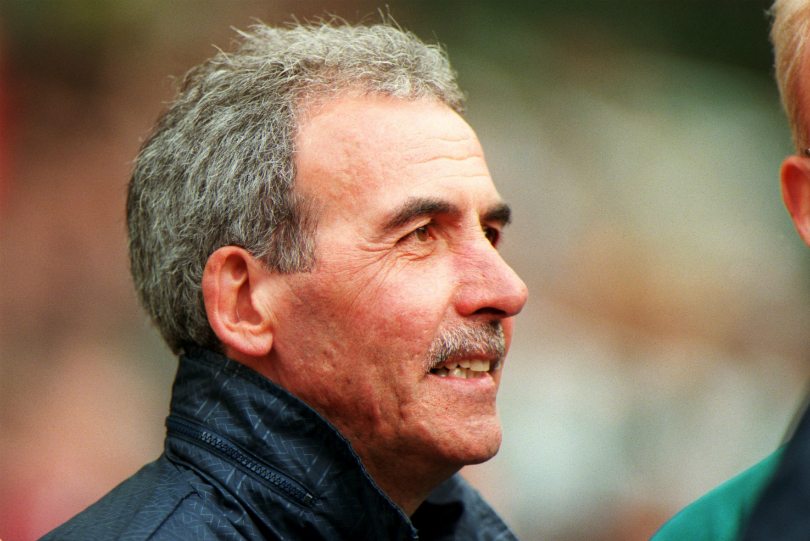
You were relegated four times in four seasons in the 1980s. How hard was that to take? Was it such failure that would later give you the drive to succeed as a manager?
Nick Sandy, Manchester
I don’t think that’s accurate. We were relegated two years in a row at Cambridge before I moved to Bristol City. That league had Newcastle United in it, with Kevin Keegan and Chris Waddle; Chelsea, with Kerry Dixon and David Speedie; Derby were a big team, with John Gregory playing. It was a really tough league and Cambridge were the smallest club in the division – as they would be now. We went down and there was a chain reaction which couldn’t be stopped and we went down again. I played nearly 600 games in my career and it was varied through the divisions. That helps me as a coach and I wouldn’t change it, though maybe I should have said yes to Arsenal.
Becks was a skinny boy and I said to Gary in the car on the way home: “He’s not going to be strong enough for us.”
You were Preston skipper when David Beckham joined the club on loan in 1995. What were your impressions of Becks the teenager?
Terry Kinsley, Norwich
Even though he only came for a month, Becks was fantastic. We went to watch him playing for Manchester United’s reserves at Walsall. I was player/assistant manager to Gary Peters. Becks was a skinny boy and I said to Gary in the car on the way home: “He’s not going to be strong enough for us.” Gary said: “No, he’ll be fine.” And he was. We got promoted at Orient that year and David and his dad came into the dressing room. He was in United’s first team by then, but he didn’t forget us.
- RECOMMENDED David Beckham at Preston: "I couldn't believe what I was seeing. Moyes nearly squashed him"
Mick Rathbone, your physio at Preston and Everton, seems to be a right character. Tell us a story about him...
Dave Alexander, Fulwood.
You sure you don’t want to dedicate a whole magazine to stories about Mick – or Baz as he’s known? He was one of my best ever signings; a first-class physio who kept himself in great shape. I had years with him at Everton and United – though I didn’t take him there. He’s superb for the dressing room, but he was renowned for being really tight, which he won’t thank me for publicising.
At Birmingham, who he supported as a kid, he broke into the first team – which should have been a dream come true. Except he was too nervous to play in the same team as Trevor Francis. He couldn’t believe that his hero was actually speaking to him, let alone asking for the ball. Mick went home, where he had a Trevor poster, to think about his future – and left the club for Blackburn.
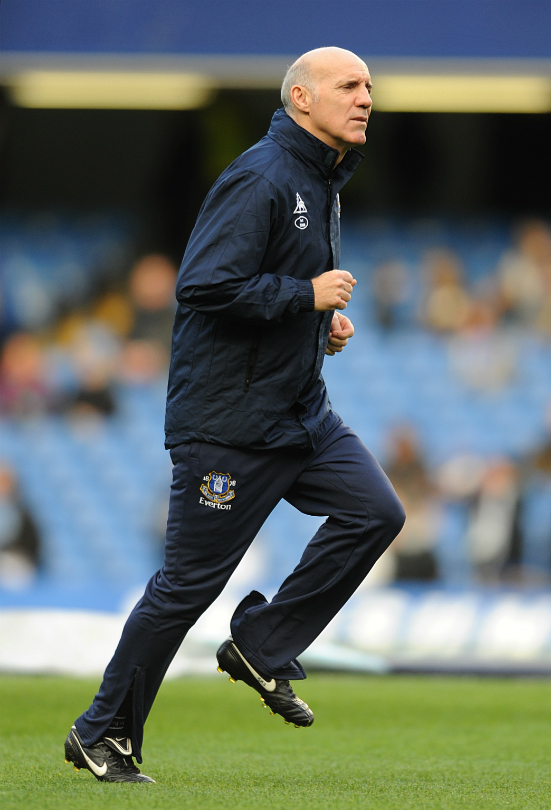
At Bristol City, you missed the crucial penalty in the shootout to decide the 1987 Football League Trophy Final at Wembley. How much did that hurt?
Steve Leola, Somerset
We’d been at Wembley the year before and won, so it wasn’t new to me. I’d been practising penalties the week before the game and smashing them in left, right and centre. I was in form. I was to take the sixth penalty kick. I had cramp in both legs and I trundled it down the middle. It was a terrible penalty. If you’re going to miss a penalty, you might as well do it at Wembley in front of everyone you know!
Moysie's miss at 3:10
Having captained Scotland at U18 level, were you disappointed to never receive a full cap?
Tim Layne, via email
I was. Around the time I should have been breaking through, I was at Cambridge in a team being relegated. That didn’t help, but the bigger obstacle was the players in front of me: Richard Gough, David Narey, Paul Hegarty, Roy Aitken – that didn’t include Alan Hansen or Gordon McQueen. Scotland had an array of top class centre-halves at the time.
I read in FFT about you being a big practical joker – Kevin Kilbane said you were notorious for cutting the toes off players’ socks at Preston. Is this true? If so, what was the best gag you ever played?
Emily Loie, Washington, USA
I’ve played many. I wanted to be the social convenor and organise the nights out. When you’re involved in pranks like I was, you also get them played against you. At Shrewsbury, I couldn’t find my clothes in the dressing room. Someone had climbed up the floodlight pylon and hung them up there. I could see my shirt flapping in the wind. I got the groundsman to get them back for me as I could hardly climb a floodlight naked, could I? At Dunfermline, Ian McCall was a big prankster. I was going out with my wife for a meal on the Saturday night, after a good win. But as I took a shower first, Ian walked in and joined us. Which would have been fine had he not been wearing a suit. I was laughing until I realised it was my suit.
Did you get on better with Wayne Rooney while you were both at Everton or at United?
James T, Hampton
I’ve always got on brilliantly with Wayne and it has been wonderful to see him become the captain of Manchester United and England. He was very young when I was with him at Everton and gave him his debut. I think everyone can see that Wayne’s matured as a player and a person. He’s a top player.
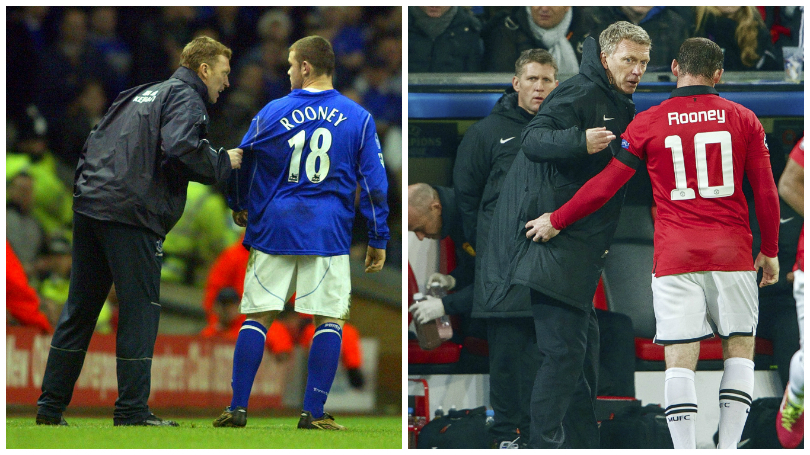
That Villarreal defeat in the 2005/06 Champions League still hurts. Do you stand by your belief that UEFA didn’t want five English clubs in the group stage? Did you ever speak to Pierluigi Collina about that disallowed Duncan Ferguson goal?
Zach London, Wirral
I’ve never spoken to Collina about it. I do believe that UEFA didn’t want five English teams in. We had a good header by Duncan disallowed near the end which, had we scored, would have sent the game to extra time. It was very close, and Villarreal reached the semi-finals that year.
Had Everton got through against Villarreal it would have led to the club’s first appearance in the Champions League group stage, and the money that would have come with that would have made a big difference.
Was the loss to Villarreal in the Champions League the toughest in your career?
Paul Welsh, Sandbach
I’ve had a lot of tough defeats. Had Everton got through against Villarreal it would have led to the club’s first appearance in the Champions League group stage, and the money that would have come with that would have made a big difference. Losing the FA Cup semi-final to Liverpool not long before I left Everton was a huge disappointment, too.
I remember hearing about a training ground bust-up that you had with Duncan Ferguson at Everton. How did that start, and how scared were you? I would be!
Chris Aria, via email
I’ve not had any real bust-ups with Duncan. He was disappointed at the end of his playing career and went away from football for a long time. Five years later, he called me up and said he wanted to come and see me. I told him I’d try to find him a job, and I did that. He’s got his coaching badges; he’s working hard and is working with the first team. I’m delighted because he’s got a lot to offer.
You picked up some incredible bargains while you were at Everton – Tim Cahill
and Seamus Coleman being just two. Who would you say was your best buy?
Leo Mulvs, via Facebook
I used to say Nigel Martyn, because I took him for nothing from Leeds. Seamus Coleman cost £60,000 from Ireland. Leighton Baines, Tim Cahill, Phil Jagielka, Mikel Arteta, Steven Pienaar, Joleon Lescott, Sylvain Distin, John Stones, Steven Naismith, Phil Neville, Kevin Kilbane, James McFadden, Tim Howard – all excellent players, and there were many more.
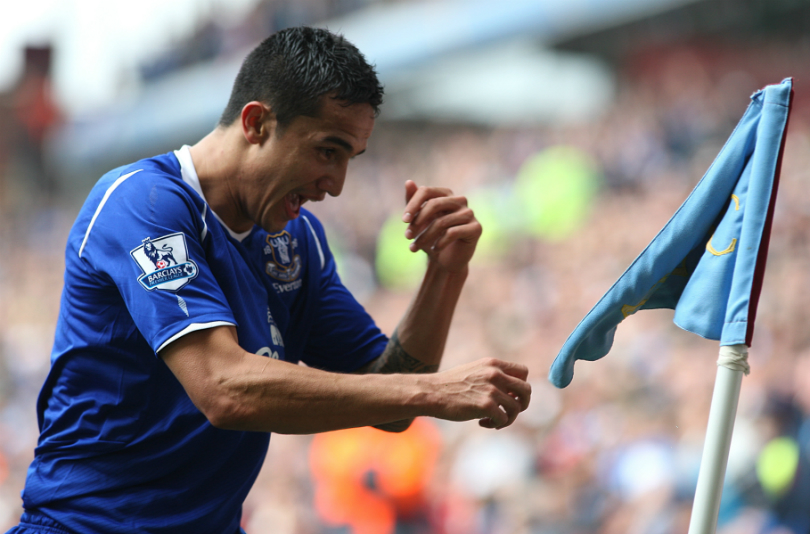
During your time at Everton, you said Marouane Fellaini was one of your greatest ever signings; would it be fair to say signing him for United was one of your worst?
Anton Channing, Ipswich
I don’t think I’ve said Marouane Fellaini was one of my greatest signings. He was one of many good signings, most of whom I’ve mentioned, who were part of a very good Everton team. It took time to build Everton up but we did that and Marouane was the most expensive signing we made. Now he’s showing the Manchester United supporters how good a player he is as well.
How important has your father been in your career?
Alan Knight, Chorley
Massively. My dad knows football. He ran Drumchapel Amateurs in Glasgow, a famous boys’ team. Asa Hartford, John Wark and Alex Ferguson all played there. As a kid, I would watch dad managing and see him bring the strips home for my mum to wash. So football was ingrained at an early age.
You promoted Adnan Januzaj to United’s first team. What impressed you about him?
Les Stone, Manchester
He has the ability to go past people, inside or outside. He has quality on the ball and enough arrogance to show it. Adnan can go on to become a top player. There’s a composure about him. He could be a wide player or even a centre-forward. There’s a lot of Chris Waddle about him. He’s got the lot.
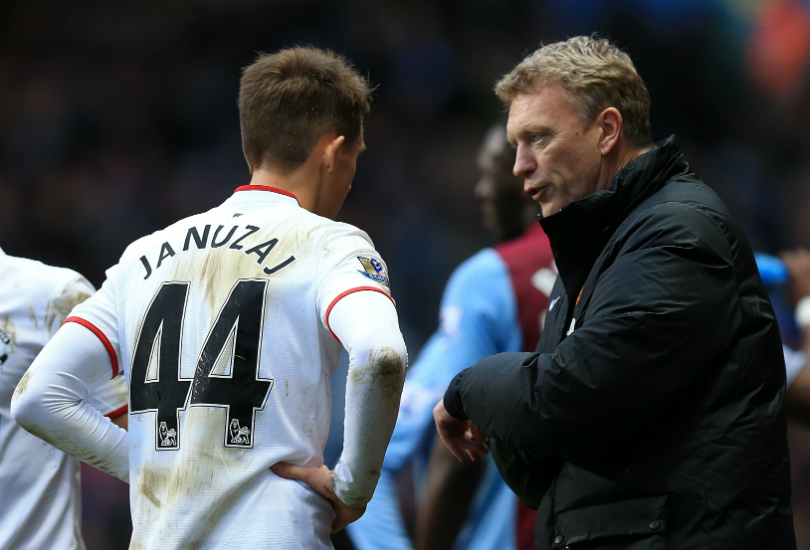
Many Man United fans took exception to your comments of ‘aspiring’ to be like City. In hindsight, do you regret saying that?
Bearded Genius, via Twitter
I’d never say that. I may have said that we aspired to play like one of the teams at the top when we weren’t at the top, but I’d never say that Manchester United should aspire to be like Manchester City. I don’t think that’s something any United fan would aspire to.
Match-going United fans were hugely supportive of you. Did you expect that,
in view of the poor results?
Daniel Hyde, Manchester
Manchester United supporters were fantastic to me. I always felt they were behind me and the team. There seemed to be a different perception elsewhere, but I always felt that when I went to games the fans were behind me. I’ve never really had an opportunity to say thanks, but I’d like to do that.
According to Rio Ferdinand, you had a training session before Bayern Munich
away in a public park. Is this true?
Declan Johnson, via Twitter
We went to prepare on the morning of the game as we would always do. It wasn’t in a public park.
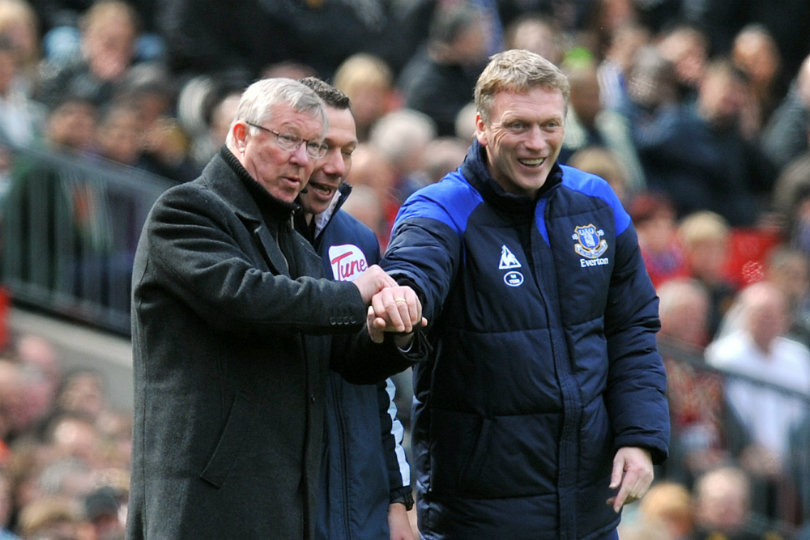
If you had your time again at United what one thing would you do differently?
NewsMogsy, via Twitter
When I took the job, Sir Alex made me well aware of what was required and what was needed. He was a big support to me and he helped me. But if I knew I was going to only have 10 months, and not six years, I would have approached the whole job differently. I felt I deserved more time.
Were you surprised at the hostile reception you received from the Everton fans on your return with Manchester United?
Trevor Spillane, via Twitter
I wasn’t surprised, because I know how supporters react and I had left their club, but I was disappointed. I got Everton competing at the top end of the league with a mid-table budget. I gave everything I could in trying to make Everton the best I could. It was a long process but we did it – my staff, players and others at the club. We had some glorious nights at Goodison and the fans were superb. I’ve got huge affection for Everton – it was my life for over a decade.
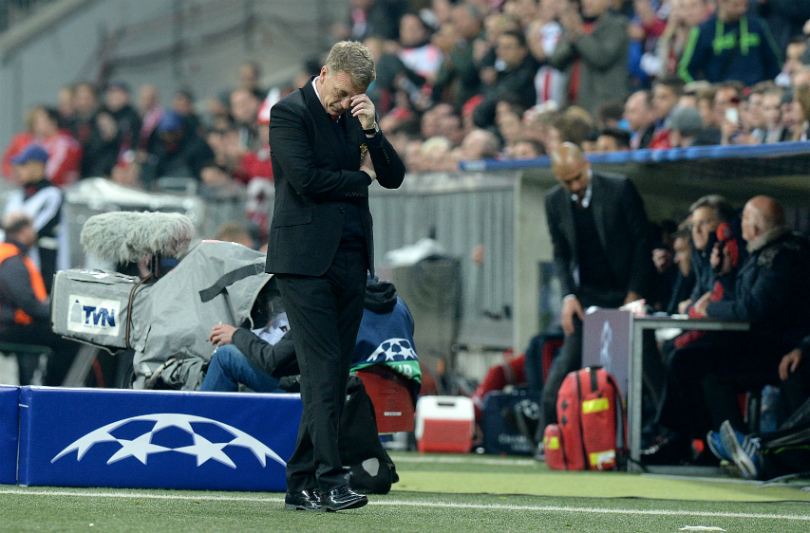
What has been the biggest success in your managerial career so far?
Jimmy, via Twitter
Turning Everton into a club which beat top clubs on a limited budget – and doing that despite selling exceptional players like Wayne Rooney, Jack Rodwell and Joleon Lescott.
Did you really ban chips from Manchester United’s training ground?
David Kent, via Twitter
Yes, I did ban chips because a couple of players were overweight and I didn’t think chips were good for their diet.
After leaving United you were out of football for the first time in decades.
What did you do with yourself?
David Mitchell, Flixton
I went to Bermuda, Qatar, the US and Germany, watching games. My golf got better. I played the Donald Trump course in Aberdeen, and at Loch Lomond, Turnberry and Lytham. I spent a lot of time with my family and I think they enjoyed me being there, but after a while I wanted to get back to work again and Real Sociedad gave me a great opportunity.
Can the Spanish learn anything from British football?
Ryan Hardy, Wrexham
The average Premier League training ground is superb, as is the team transport. There are things to be learned from Spain, too, such as the way the players look after themselves and their diet. There’s much more salad and fresh fish here, which can only be good.
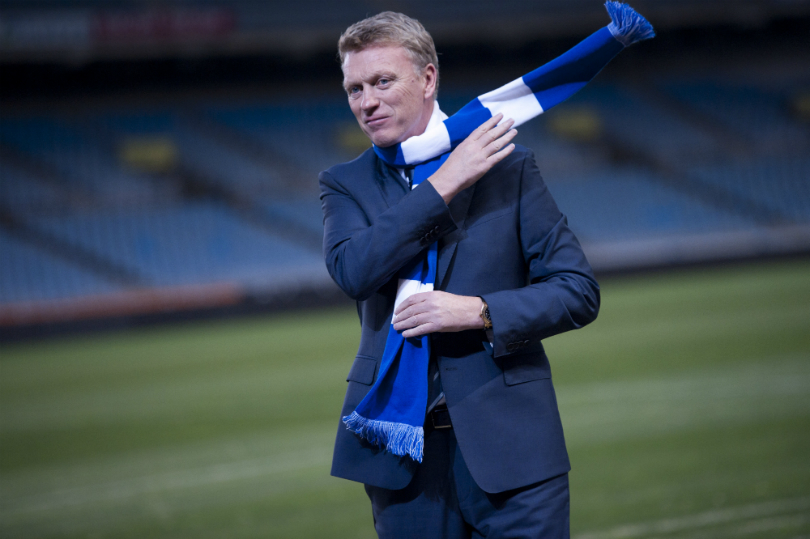
What’s San Sebastian like as a place to live?
Paul Morris, Sheffield
It’s a beautiful city, with three lovely beaches in curved bays overlooking the Atlantic. There are great places to walk and eat. The standard of living is high and there are more Michelin-starred restaurants per square metre than any city on Earth. You can also eat superbly for only a few Euros by having pintxos in the old town.
Why did you choose Spain over Britain?
Helen McClure, Bristol
I had opportunities to stay in the Premier League, but I wanted to challenge myself. I was at three wonderful clubs in Preston, Everton and United, but I wanted to work abroad. We don’t export many British coaches. I’m improving my contacts and knowledge.
Tea bags, crumpets, haggis... name two things that you get people to bring over.
Emma Taylor, Bexhill-on-Sea
Tea bags. It’s not easy to get a good cup of tea over here. My assistant, Billy McKinlay, has brought a kettle over so we can have a cup of tea after training. I’m not sure all my players know what it is, as most Spanish households don’t have kettles. Billy and I talk about Walkers shortbread and I was sent some Irn-Bru, which I appreciated.
How is your Spanish coming on?
Sidney Harmon, via Twitter
I have two lessons a week with an English lad who is a Spanish teacher and I’m really enjoying them. I’m not saying that I’ll ever be fluent, but I want to be able to communicate.
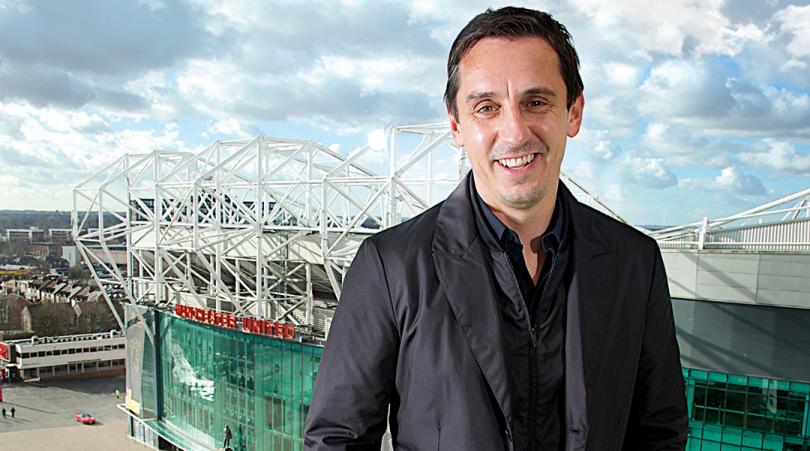
Gary Neville: 'I didn’t want to go into management straight after playing. I wanted to learn and understand more'
Gianluigi Buffon: You have to be a real masochist to play in goal – and a bit perverse
Eric Abidal: Guardiola worked hard, but he was a bit lucky to win everything in his first season
How was your recent trip to watch Eibar?
Mona Griffith, via email
An eye-opener. The rain was torrential – it could have been Scotland. It was two La Liga teams, but it was like going to a Conference ground, as their stadium only holds 5,000. It’s a great story, though. Eibar were promoted two years in a row and are doing just fine in the top flight with largely the same team. These are the stories you want to see in football. I loved it.
The feature first appeared in the March 2015 issue of FourFourTwo magazine. Subscribe!
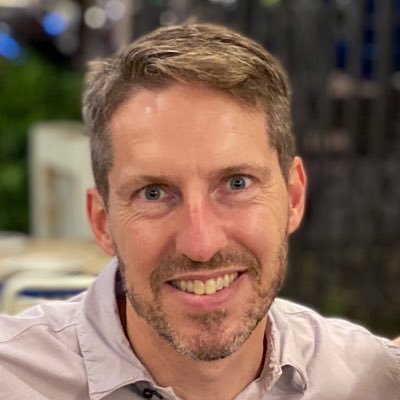
Andy Mitten is Editor at Large of FourFourTwo, interviewing the likes of Lionel Messi, Eric Cantona, Sir Alex Ferguson and Diego Maradona for the magazine. He also founded and is editor of United We Stand, the Manchester United fanzine, and contributes to a number of publications, including GQ, the BBC and The Athletic.

